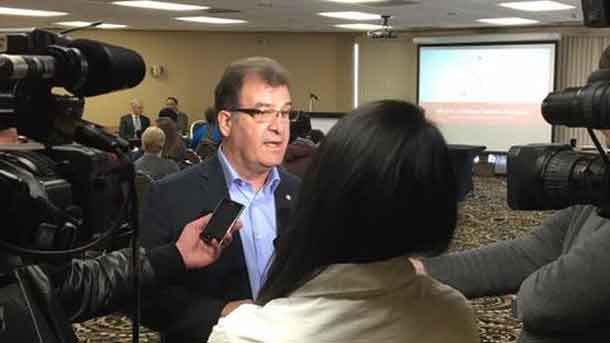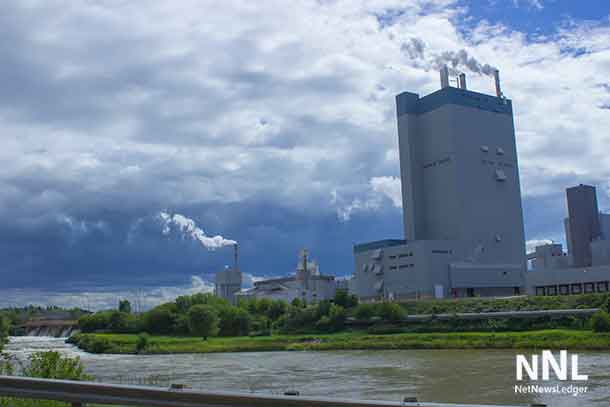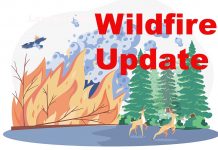
“It is our responsibility to protect the environment and not pass the burden to our children and grandchildren – We must act now.”
Week of October 29, 2018
by Bob Nault MP
KENORA – In the North, we see the very real signs of climate change on a daily basis, and we see these effects worsen year after year. The average annual temperature in Ontario is expected to continue to rise, and some of the greatest increases are expected in Northern Ontario. It impacts our way of life: ice roads are in for shorter amounts of time, temperature increases result in more extreme weather causing forest fires and an increase in tick and mosquito-borne diseases.
Despite these very real effects and strong scientific evidence, on July 3, 2018, Premier Ford ended Ontario’s provincial climate plan, including its cap-and-trade pollution pricing system. The province also cancelled their investments in energy efficiency and projects that help schools, businesses, and hospitals reduce costs, therefore costing Ontarians money and good jobs. In the Financial Accountability Office of Ontario’s report: Cap and Trade: A Financial Review of the Decision to Cancel the Cap and Trade Program, it states the Premier’s decision to cancel the program will cost the province $3 billion.
Without a provincial program in place to price pollution, Ontario will now fall under the federal pollution pricing system announced last week. The federal system follows through on our domestic commitment to help meet our emissions reduction targets.
All proceeds collected in Ontario under the pollution pricing system will be returned to Ontarians and their families as well as through investments in energy efficiency to reduce emissions, save money, and create jobs.
Every Ontario household will receive a Climate Action Incentive in 2019 when they file their taxes. A family of four in Ontario will receive a rebate of $307 on their annual tax return, while families residing in rural Ontario will receive an additional 10%, for a total rebate of $338 for a family of four. To further support rural Canadians, exemptions to pollution pricing include diesel used for electricity in off-grid communities, as well as some flights to northern and remote areas.
These proceeds will also be used to develop a targeted fund of $475 million to support energy efficiency improvements in schools, hospitals, municipalities, universities, colleges, and Indigenous communities. To help small and medium-sized businesses remain competitive, a second fund of $975 million over 5 years has been established to support them through the transition.
Protecting our environment is important to all Canadians, and especially so, for Northerners who have such a close relationship with nature and the pristine beauty of the North. We can draw inspiration from our Nordic friends who are taking progressive steps to combat climate change. The Nordic Council of Minister’s report Nordic Action on Climate Change, municipalities within the countries of Denmark, Finland, Greenland, Iceland, Norway and Sweden are concentrating on individualized plans to protect their environment including; becoming world leaders in wind power, building bio-economies, using hydropower as a source of renewable energy, and investing in climate action and jobs.
As individuals, we can all do our part to reduce our impact on climate change. Whether it’s committing to reducing single-use plastics or merely turning down the thermostat, we can help pass on a better environment for future generations. A healthy environment means a growing economy and more jobs for Northerners. In the words of Ontario’s Environmental Commissioner, Diane Saxe; “if we work together, it is not yet too late.”







